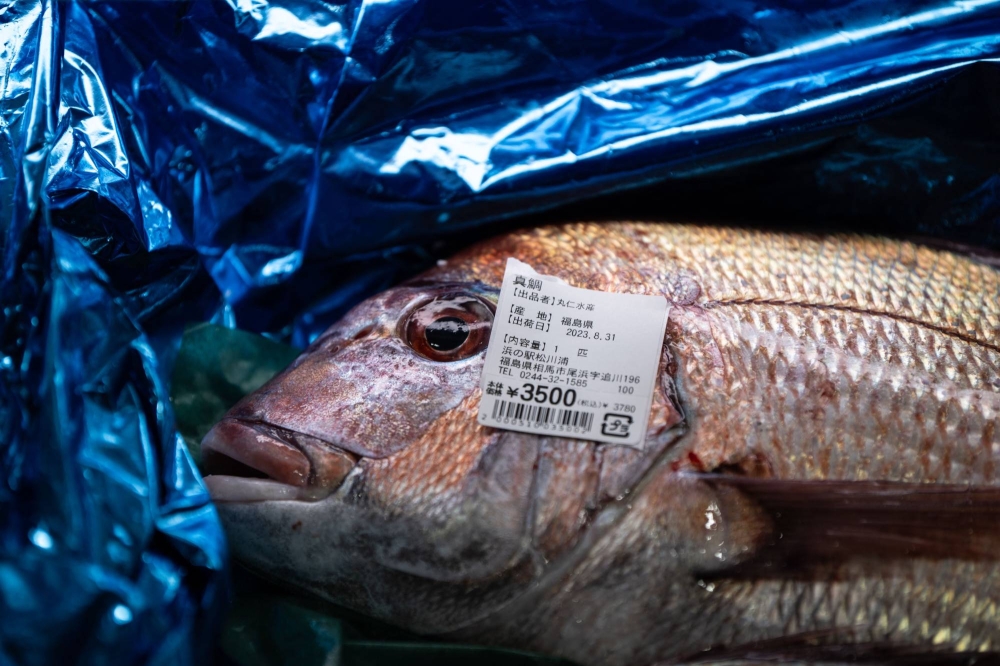No detectable amount of tritium has been found in fish samples taken from waters near the crippled Fukushima No. 1 nuclear plant, where the discharge of treated radioactive water into the sea began a month ago, the government said Monday.
Tritium was not detected in the latest sample of two olive flounders caught Sunday, the Fisheries Agency said on its website. The agency has provided almost daily updates since the start of the water release, in a bid to dispel harmful rumors both domestically and internationally about its environmental impact.
The results of the first collected samples were published Aug. 9, before the discharge of treated water from the complex commenced on Aug. 24. The water had been used to cool melted nuclear fuel at the plant but has undergone a treatment process that removes most radionuclides except tritium.



If you have 100x emissions, but 1000x the efficiency of the fuel (numbers may be overblown), then it’s still better for the environment.
Nuclear waste is probably the biggest issue, as we have to take care of the storage site.
However, we could always either repurpose it or yeet it into space, away from any other close planet collision course.
deleted by creator